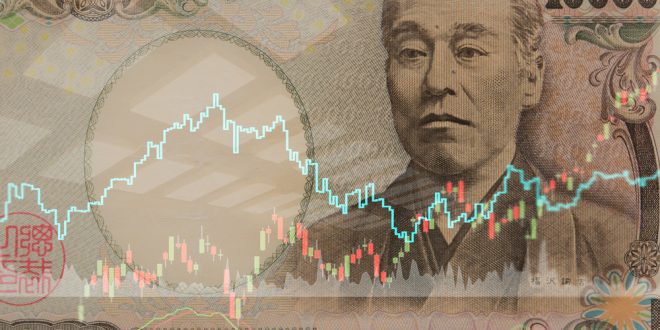Most Asian stocks dipped on Monday, mirroring the downturn in Wall Street, where apprehension loomed ahead of crucial U.S. inflation data. The prevailing sentiment was notably bleak in Japanese shares, which witnessed a sharp decline amid mounting speculation that the Bank of Japan (BOJ) is poised to increase interest rates.
U.S. Uncertainty Casts Shadow on Asian Markets
The trading day commenced with regional markets trailing a pronounced downturn in Wall Street on Friday. This downturn was primarily fueled by escalating uncertainty surrounding U.S. interest rates, prompting traders to cash in on profits accrued during recent record highs, particularly within the technology sector.
Economic Indicators Fuel Concerns
Heightening concerns over prolonged higher interest rates were compounded by stronger-than-anticipated nonfarm payrolls data. These factors converged to intensify apprehension ahead of an imminent release of the consumer price index (CPI) inflation figures, which are eagerly awaited by market participants.
Japanese Market Reacts Sharply
The Nikkei 225 index emerged as the most adversely affected among Asian markets on Monday, plummeting by 2.3%. Speculation surrounding the BOJ’s intentions to terminate its ultra-loose policies dominated investor sentiment. The broader TOPIX index mirrored this trend, shedding nearly 2% of its value, further distancing itself from recent record highs.
BOJ Decision Looms Large
Reports circulating in the media indicated a strong possibility of the BOJ raising interest rates and discontinuing its stimulative yield curve control policies in the near term, possibly as early as the upcoming meeting next week. This speculation gained traction amidst expectations of an uptick in Japanese wages and inflation, buoyed by an upward revision in Japan’s GDP figures for the fourth quarter.
Mixed Performance in Chinese Markets
Chinese stocks exhibited a mixed performance, with the Shanghai Shenzhen CSI 300 index edging up by 0.2%, while the Shanghai Composite experienced a slight decline of 0.2%. Encouraging consumer inflation data released over the weekend provided some respite, reflecting increased spending during the Lunar New Year festivities. However, concerns lingered as producer inflation fell more than anticipated, signaling persistent pressure on Chinese factory activity.
Broader Asian Markets Retract
The downward trend extended across broader Asian markets, with Australia’s ASX 200 index witnessing a notable retreat of 1.5%, marked by substantial profit-taking following recent record highs. Similarly, South Korea’s KOSPI declined by 0.4%, while futures for India’s Nifty 50 index hinted at a weak start, following their recent ascent to record levels alongside the BSE Sensex 30.
In conclusion, Asian markets remain sensitive to developments on the global stage, particularly regarding U.S. inflation and central bank policies. With the BOJ’s impending decision looming large, investors are bracing themselves for potential shifts in monetary policy that could have far-reaching implications across the region’s financial landscape.
 Noor Trends News, Technical Analysis, Educational Tools and Recommendations
Noor Trends News, Technical Analysis, Educational Tools and Recommendations





